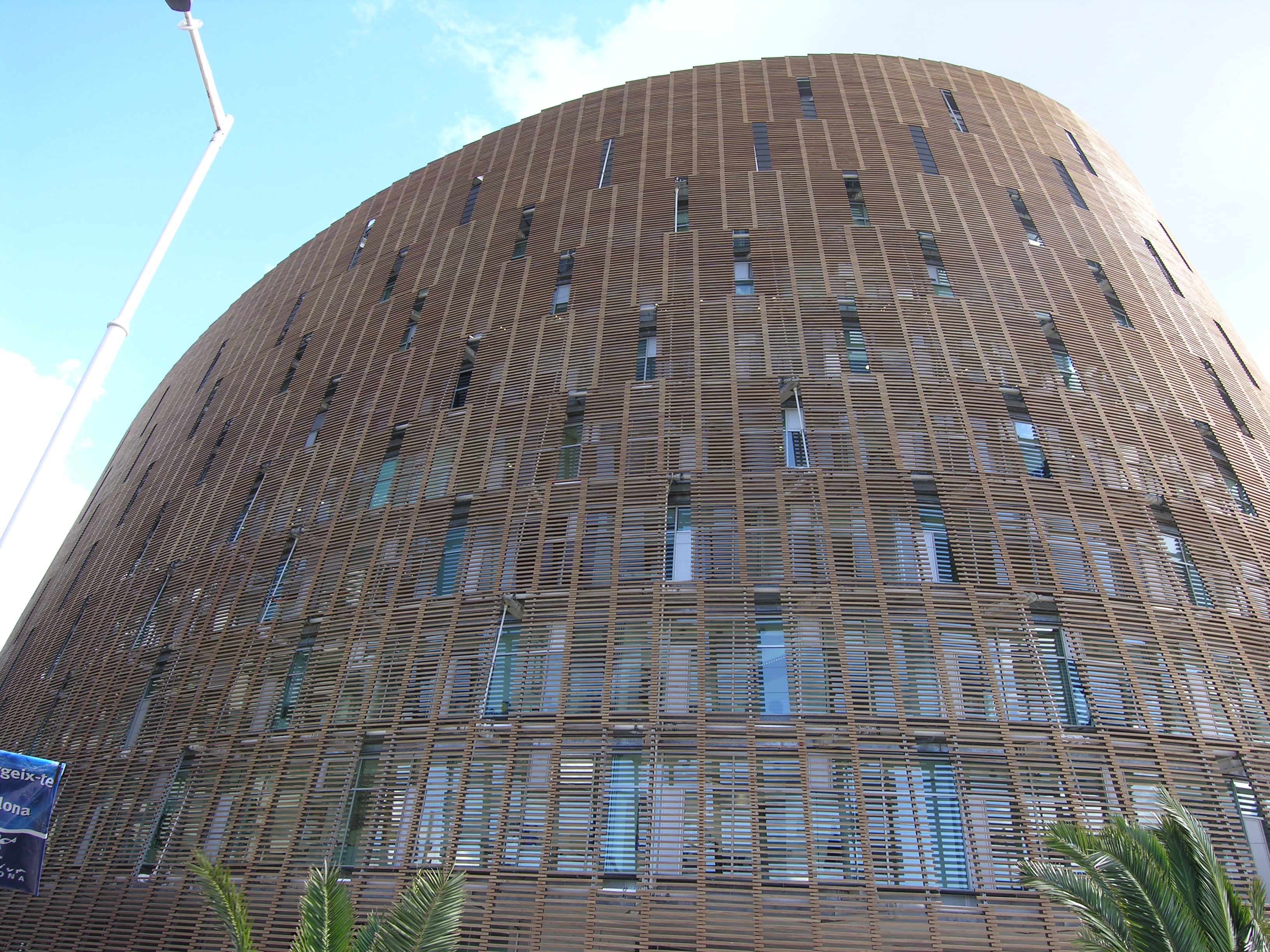Remember from your econ class that concept of The Commons, and how problematic it was? Is?
There was this intriguing post recently, on how Free Speech might be considered and deliberated in terms of the commons being exhausted by undue over-use (abuse) — for its use alone ( → ). Leading to aversity of the concept not of the abuser or his (sic) apparent locally recognised but globally not, ‘valid’ reason(s) for over-use.
Which, as is my wont of the moment, driven by personal business interests, I took to be applicable to Privacy as well. Maybe not in the same way, but … This will need quite some discussion between me on the one hand, and peers and others on the other who would actually know what they’re talking about. Throwing in a bit of anglo-american data-isn’t-yours versus European (‘continental’ — will brexit – which starts to sound like a lame Benny Hill kind of joke ever more – change that ..??) data-is-datasubject’s-always divides, and some more factors here and there. Complicating matters, but hey life’s not perfect.
Waddayathink? In for a discussion ..? Let’s start!















